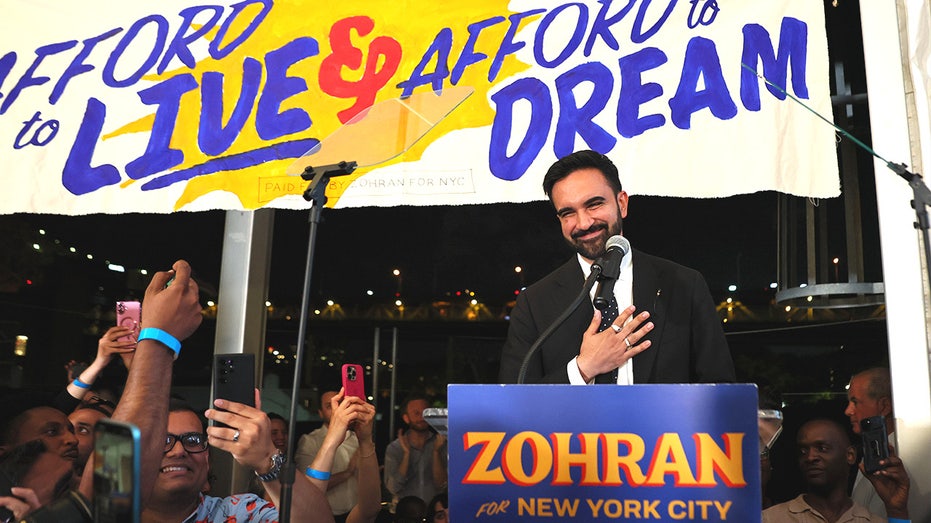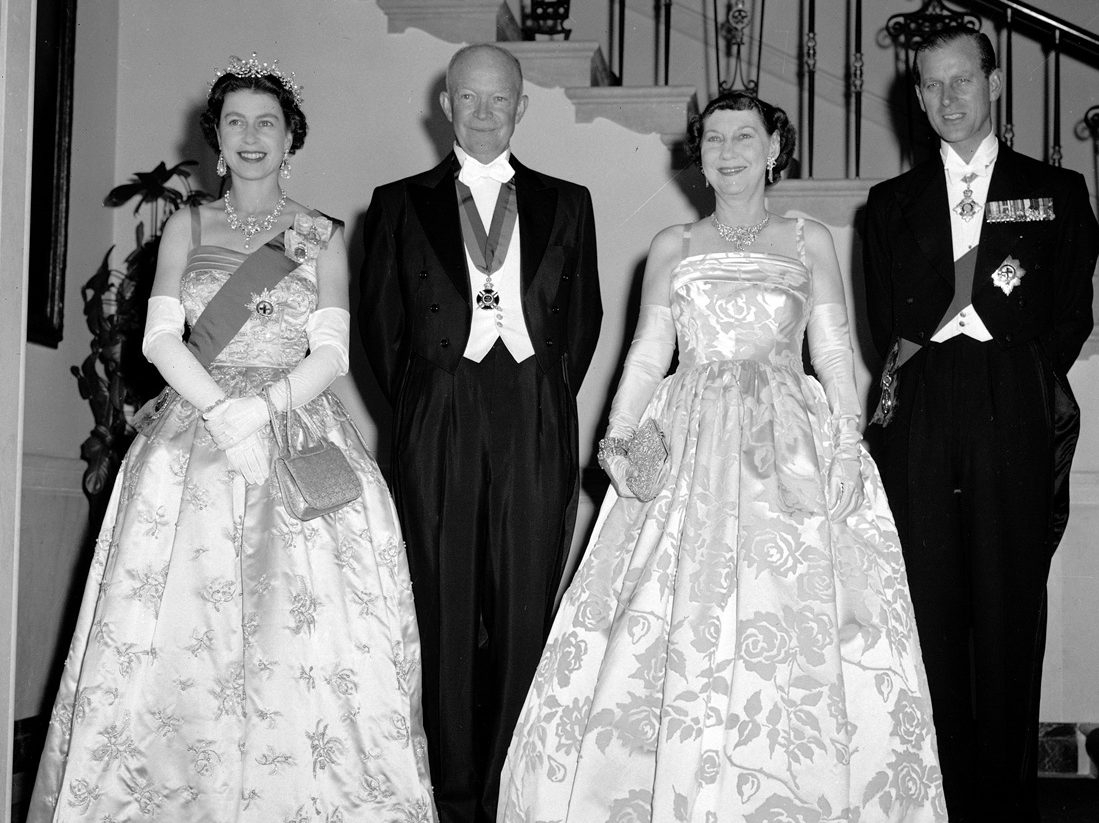A quiet revolution is stirring in the heart of New York City, and its echoes are now reaching across the Atlantic. European politicians on the far-left are turning their attention to the campaign of Zohran Mamdani, a Democratic Socialist assemblyman whose innovative approach is being hailed as a potential model for their own political revival.
Delegations from France, Germany, and the United Kingdom recently made a pilgrimage to New York, not for sightseeing, but for a deep dive into Mamdani’s grassroots operation. They included key figures like the deputy leader of the U.K. Green Party and a parliamentary officer from Germany’s Left Party, all seeking to unlock the secrets of his success.
The core of Mamdani’s appeal lies in a return to intensely local organizing. He’s built a powerful base through neighborhood-level activism, a strategy European politicians believe could re-energize disillusioned voters and breathe new life into their own campaigns.
Observers note that current conditions – economic anxieties, rising costs of living, and perceived weaknesses in mainstream opposition – create a fertile ground for this kind of political shift. These conditions aren’t unique to New York; they’re increasingly prevalent in cities across Europe, making Mamdani’s blueprint particularly attractive.
The potential impact is significant. Some analysts suggest Mamdani’s success could pave the way for hard-left candidates to win major offices in Western democracies, a feat that has historically proven elusive. He’s being described as a trailblazer, shattering the pattern of defeat for politicians with similar ideologies.
Even figures like Jeremy Corbyn, former leader of the U.K.'s Labour Party, have actively supported Mamdani’s campaign, lending their weight and mobilizing volunteers through phone banking efforts. This level of support underscores the campaign’s growing international recognition.
However, the prospect of replicating Mamdani’s platform isn’t without its critics. Concerns are being raised about the potential for increased political polarization, particularly in Europe where left-leaning ideologies already hold considerable sway. The question remains whether these policies would translate into tangible improvements.
While some attribute Mamdani’s appeal to his immigrant background, analysts emphasize that his ideology is the driving force behind his success. His message resonates with voters regardless of their own origins, suggesting a broader appeal based on shared political beliefs.
Mamdani’s campaign isn’t just about winning elections; it’s about demonstrating a new path to power for the hard-left. His tactics, his coalition-building, and his overall style are now under intense scrutiny, offering a potential roadmap for a new generation of progressive politicians.






